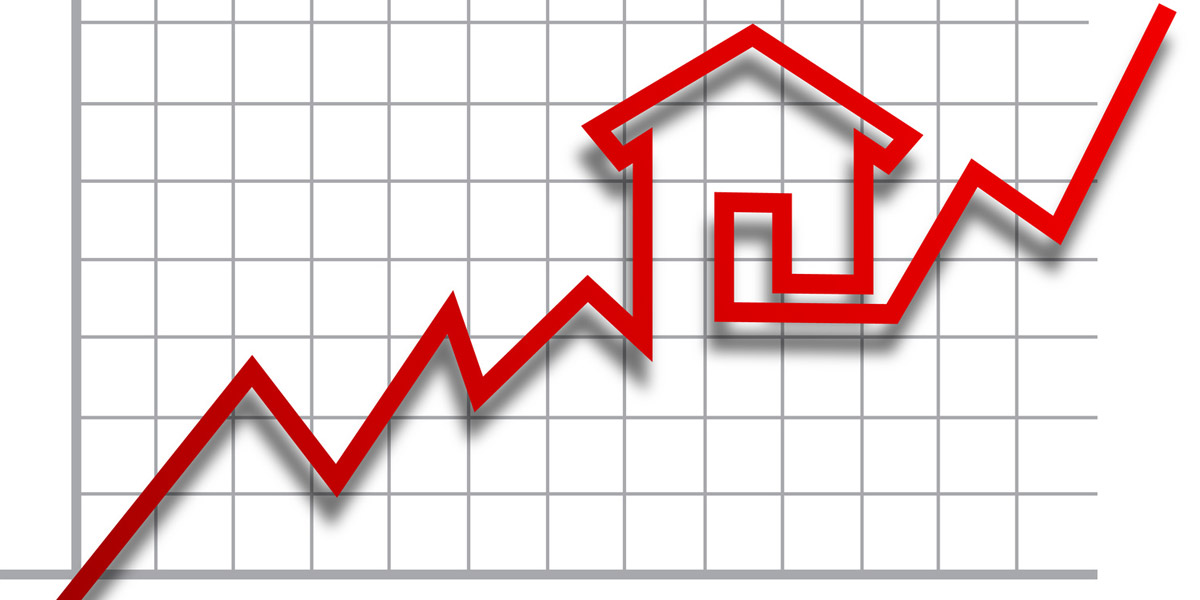Real Estate Market Stats
As a company that specializes in real estate data, we felt it only appropriate to put forth some nationwide real estate statistics. We would like to be clear, these ARE NOT the statistics that we provide for our clients. The real estate metrics we provide for our clients are directly pulled from the local MLS and augmented with public and 3rd party data to compile a unique picture of your specific real estate market.
Updated for 2020
We have updated our State of the Real Estate Market for 2020 and can read it here.
Housing Market Slowdown
The U.S. housing market may be headed for a slowdown in the latter half of 2018, according to data from the U.S. Commerce Department, although the economy is shown to be growing. In the second quarter of 2018, the U.S. economy grew by 4.1 percent, the fastest rate of economic growth since 2014. The economy boom may cause confusion for buyers and sellers regarding why the housing market may be showing signs of trouble. The slowdown in the housing market could be caused by a number of reasons.
The recent hurricanes in Florida have the September real estate statistics going wild, but we intend for that to slow down and continue to grow as federal, state and insurance money flows into the state.
Rising Mortgage Rates Means a Higher Home Price
Many people who want to buy a home are seeing an increase in mortgage rates. A mortgage rate is the interest charge by a lender to provide a buyer with a mortgage to purchase a home. In July, the average interest for a fixed rate, 30-year mortgage increased from 4.54 percent to 4.52 percent. The rate increase is according to Freddie Mac, a mortgage buyer.
In addition to the mortgage interest rate increase, long-term loan rates are at a seven-year high. Rising mortgage rates mean many buyers can’t afford to buy the house they want. They may be priced out of the housing market altogether.
Mortgage Rates Rising, but Wages Stay the Same
The economy is booming and unemployment is lower than it’s been in years. However, wages are not increasing as fast as mortgage rates. When wages are adjusted for inflation, employee wages haven’t increased for approximately 10 years. This fact is also causing many potential home buyers to be priced out of the housing market.
There is Evidence the Hot Real Estate Market is Cooling
In July, housing market figures showed evidence the hot market may be cooling down. For example, existing home sales dropped again in June 2018, the third straight month in a row. The pace of new home purchases has also slowed. According to the U.S. Commerce Department, sales of single-family homes fell to 5.3 percent in June. This is the eighth straight month for the decline. In a stable housing market a balanced housing inventory would exhaust in about six months. The lack of current inventory would last about three to four months.
Home Sellers May have to Wait Longer to Sell
A person who wants to sell a home may have to wait for a little longer for an interested buyer. Many buyers are now taking their time to purchase homes. They may bide their time to find an affordable home than purchase one they can’t afford.
Some Housing Markets in Major Cities are Still Hot
Many housing markets with expensive housing are noticing a faster slowdown than other cities’ housing markets. For example, in May, Boston moved up to number two on the hottest housing markets. We have seen increases in Savannah and Cocoa Beach Florida – but major swings in Wilmington because of the recent hurricane. Other major cities like Seattle are noticing a slowdown. The slowdown in the housing market may vary widely, depending on the particular city in question.
A Housing Market Slowdown Doesn’t Translate to a Housing Burst
At this time, there is no need panic about the housing market. Housing prices, which have increased because of a shortage of housing inventory, has began to level off. Other factors may cause potential home buyers to make a purchase instead of staying on the sidelines.
For instance, wages may increase or mortgage rates may decrease. A housing slowdown is a red flag that other factors are cooling the housing market. However, it is not an indication of a housing bubble on the horizon. In the current housing market, buyers are taking their time and sellers are still eager to unload their homes.
Get Unique Real Estate Statistics for Your Market
If you would like to get custom real estate statistics for your local real estate market, contact us for more details on what we can provide.

